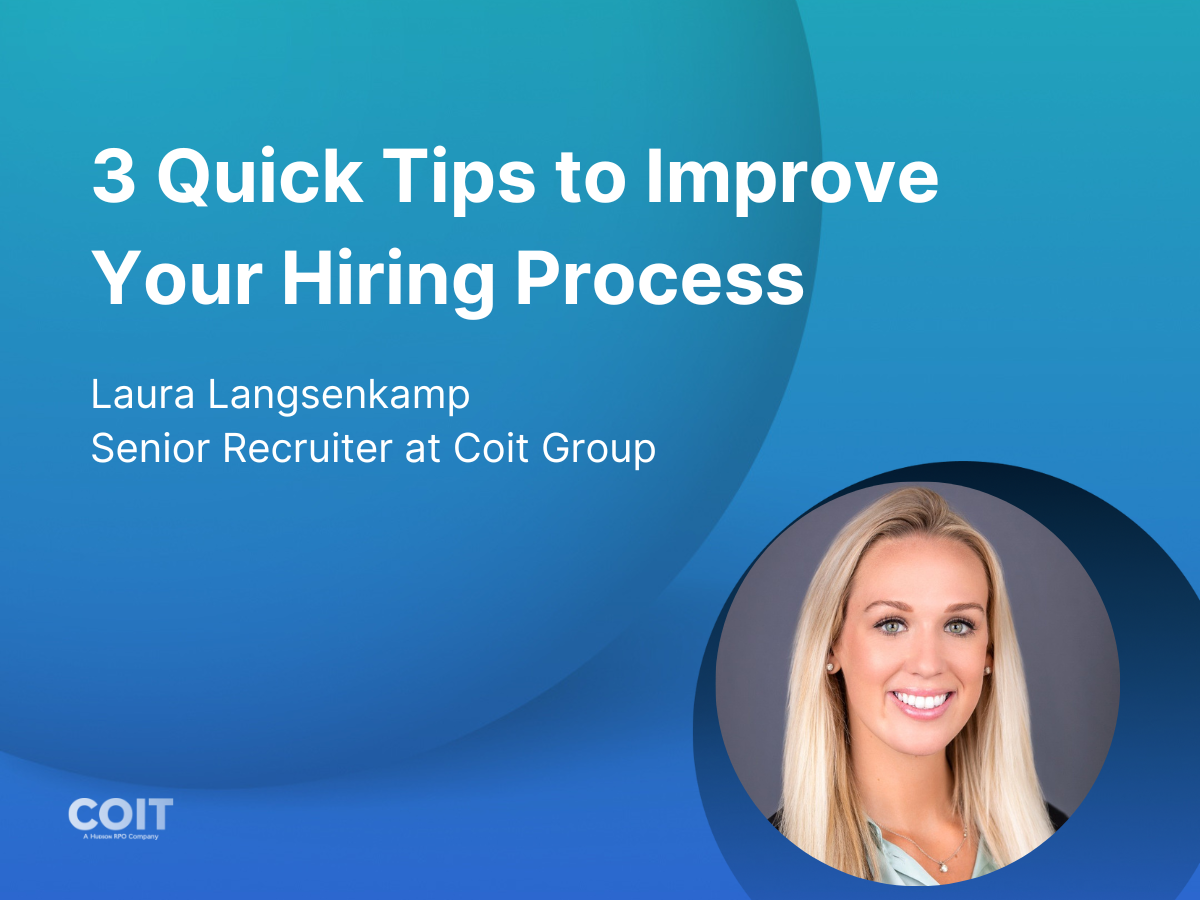Everyone gets stressed out at times, but that stress can be elevated to a seemingly unmanageable level in certain professional situations. Let’s say you have a big presentation to give to your CEO. Your CEO asks a question and, even though you know the answer, you scramble to respond. Your anxiety then causes your performance to suffer.
No one wants to be in that situation, and that’s why developing a resilient workforce is integral to an organization’s success. Mastering authentic confidence through emotional flexibility can act as a significant player when pursuing your professional goals.
It’s vital for employees to learn ways to handle stress, insecurity, and uncertainty without becoming overwhelmed. When employees learn how to do so, they are freed to achieve better performance and well-being. For that reason, organizations without a doubt benefit from investing in a culture that emphasizes and promotes positive mental health for their teams.
But what are some effective ways to develop and maintain authentic confidence? That’s exactly what Jacqueline Brassey and Nick van Dam at McKinsey & Company outlined in their article.
Purpose and Values
It’s important to set a clear direction for each day. This will provide an anchor to keep you motivated to get out of bed and seize the day. And, in challenging times, this sense of purpose will help keep you grounded. The values behind your daily purpose can serve as the foundation of your authentic confidence.
Mindfulness
Mindfulness is the act of being fully present and aware of your emotions during daily activities. Some recommendations for practicing mindfulness include meditation and exercise.These seemingly minor routines serve to build the mental muscle needed for peak focus.
Acceptance
It’s common to avoid taking risks for fear of making mistakes. No one wants to experience failure. However, to become more resilient to stress, it’s necessary to step outside of your comfort zone, face challenges, and learn from your experiences. When you experience challenges and accept your fears, you will reduce fear’s dramatic impact on your mental state.
Defusion
Defusion refers to an awareness of factors and thoughts that trigger anxiety. When you practice defusion, you will discover which specific stressors affect you the most and, in turn, learn how to avoid or manage them on a daily basis to reduce stress.
Self-in-Context
Self-in-context involves taking a step back from whatever situation you’re in, and taking a look from an outside perspective. This enables you to examine and better understand the roots of your feelings, which you otherwise would be blinded to in the moment. It is an essential skill when building authentic confidence.
Committed Action
To truly develop authentic confidence, you must identify the changes you want to make in your daily life. This process is supported by creating a well-carved path to these changes and an operating model that will effectively support the behavioral changes you want to achieve. This is where you bring all of these six elements together to bring about real, long-term change.
* * *
You can read more about how to build authentic confidence in the article Don’t Stress Out: How to Build Long-Term Resilience at McKinsey & Company.
Newsletter
Blog Categories
Recent Posts

[Tech x Talent Dashboard] It’s time to change DEI metrics and tactics

3 Quick Tips to Improve Your Hiring Process

Beyond the Checkbox: DEI in 2024 and Beyond

The Unexpected Secret to Effective Rapid Response Hiring




